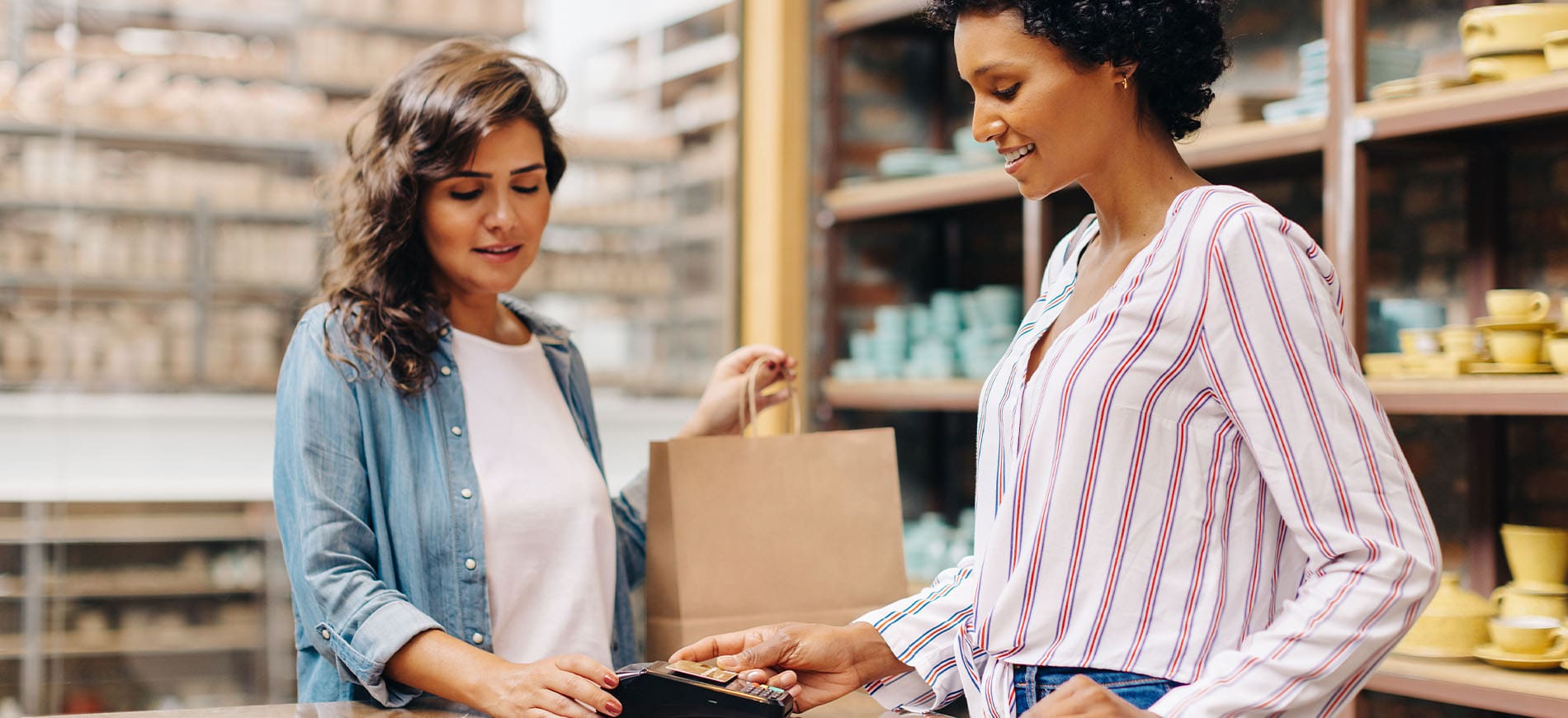Plastic waste has been an issue of concern for many years in developed countries. However, new legislation banning single-use plastics across Latin America is helping to raise awareness of the harmful impact of these materials, as well as of today’s throwaway culture.
Several countries in Latin America and the Caribbean are using taxes, bans, and technological innovation to restrict the production and consumption of single-use packaging in a bid to reduce damage on oceans and marine species. Chile has just become the first Latin American country to ban plastic bags. Costa Rica has pledged to become the first country in the world to be single-use plastics-free by 2021. Rio de Janeiro has become the first city in Brazil to ban plastic straws and Pinamar has become the first city in Argentina to phase out straws and plastic cups. Moreover, the Mexican states of Baja California Sur, Querétaro and Veracruz have also joined the war on plastic.
Businesses across the region are making drastic changes to comply with these new laws, while aligning with consumer environmental concerns. Companies are rethinking their products’ materials as they explore eco-friendly sourcing that go from avocado, to glass and wafers. Mexican company Biofase has recently started to develop straws made from avocado pits; while in Brazil, certified organic beauty brand Simple Organic and Mentah have teamed up to launch a reusable straw made from borosilicate glass. Moreover, Corporación Pascual, one of the largest manufacturers of bottled drinks and juices in Mexico, plans to eliminate plastic straws and replace them with nozzles by 2019.
The foodservice industry has given clear sign that it’s addressing the plastic straw problem. Brazilian fast food chain Bob’s has just launched a wafer straw that will replace plastic straws on its milkshakes and will offer paper straws for other drinks; while Mexico-based restaurant TOKS has stopped serving drinks with straws at its outlets to reduce unnecessary waste; and McDonald’s Brazil has also began a transition away from plastic straws by giving out straws only to those who ask for one. The fast food chain will start in Brazil and will then implement the same rule in other Latin American countries. Other outlets like Outback and Abbracio have stopped offering straws to customers and will only offer biodegradable ones to those who need one. Starbucks has also announced that it will phase out plastic straws from its more than 28,000 stores worldwide by 2020 and will replace these with a recyclable lid.
Even though neither the beauty and personal care nor the household industry has been directly affected by the single-use plastic ban, they are starting to respond to consumer scrutiny as well as government pressures by developing greener packaging. In Brazil, Unilever-owned brand OMO has just launched a new bottle made of trash plastic removed from iconic Brazilian beaches like Copacabana and Fernando de Noronha; while Procter & Gamble-owned brand Head & Shoulders has rolled out a shampoo bottle made of up to 20% of beach plastic recovered from Latin American beaches. In Addittion, TRESemmé has launched a new packaging made with 20% less plastic and Seda’s new shampoo, Pretos Luminosos, which comes in a 100% recyclable bottle and is made of up to 1/3 post-consumer recycled plastic, has been designed based on circular economy principles.
46% of Brazilians say they would like to exchange empty packages/used products for a discount on future purchases.
The challenge for companies exploring sustainable practices and materials is that consumers in Latin America are still reluctant to pay more for a product that protects the environment, with 46% of Brazilian consumers saying they would like to exchange empty packages/used products for a discount on future purchases, while only 20% of them say they would pay more for products from environmentally responsible brands. Indeed, many consumers in the region are more likely to be sustainable if they get an incentive, instead of doing it just for the environment.
Educational campaigns remain key to convince people in the region that eco-friendly products are worth their price. Brands are challenged to get consumers to look beyond themselves and see the dramatic impact of inaction. In a region known both for its vast natural resources and for its environmental problems, there’s big potential for brands to lead the way by providing consumers with tools for a more sustainable living. The region itself can serve as an example of how sustainable living may not seem as challenging as one may think. For instance, the virtual platform, The School of Sustainability, a project from Google and Bancolombia, is using a remote and tiny island in Colombia, where residents have no access to drinking water or electricity, to teach consumers about living with less, while encouraging them to think twice about how they use the world’s resources.
Brands in the region have a unique opportunity to become influential players in the move from a throwaway economy to one based on the careful use of resources, where materials are reused rather than designed for a short life.





































